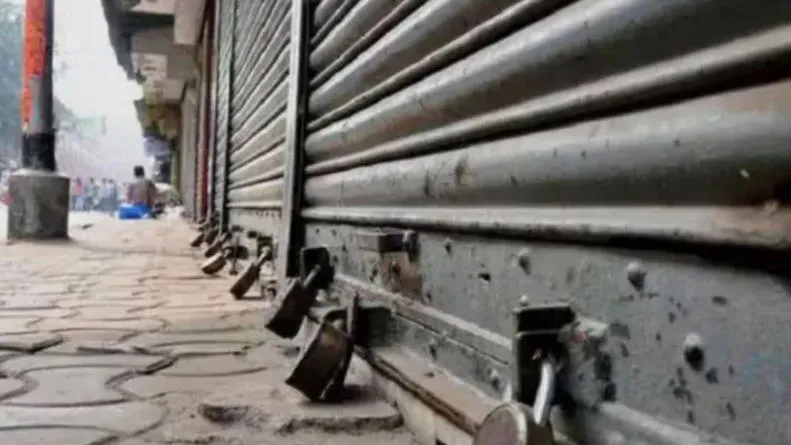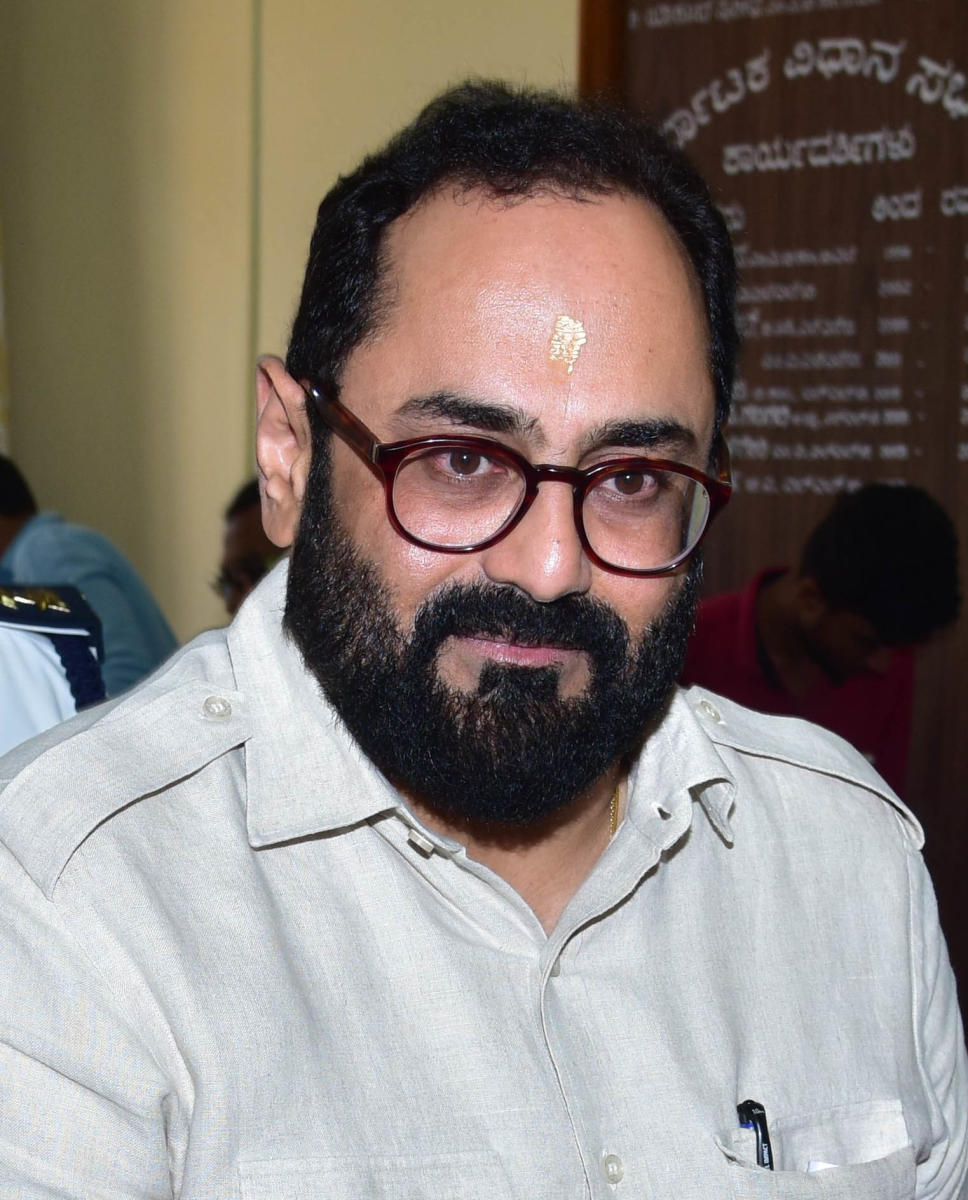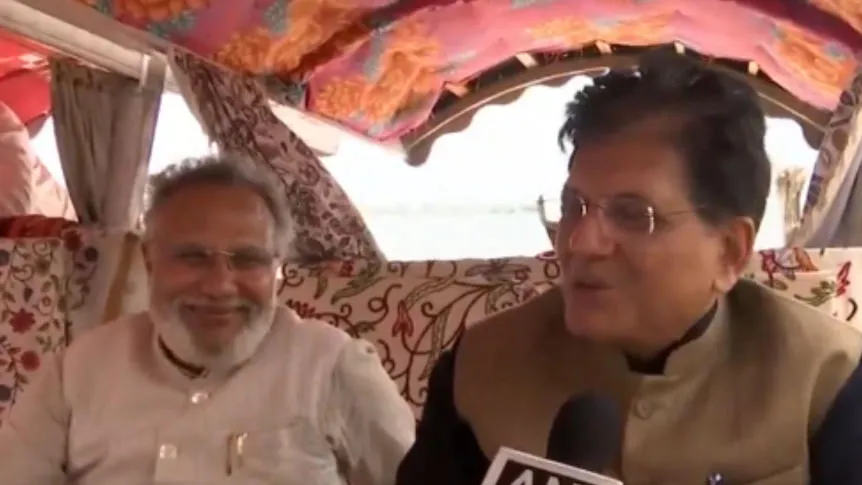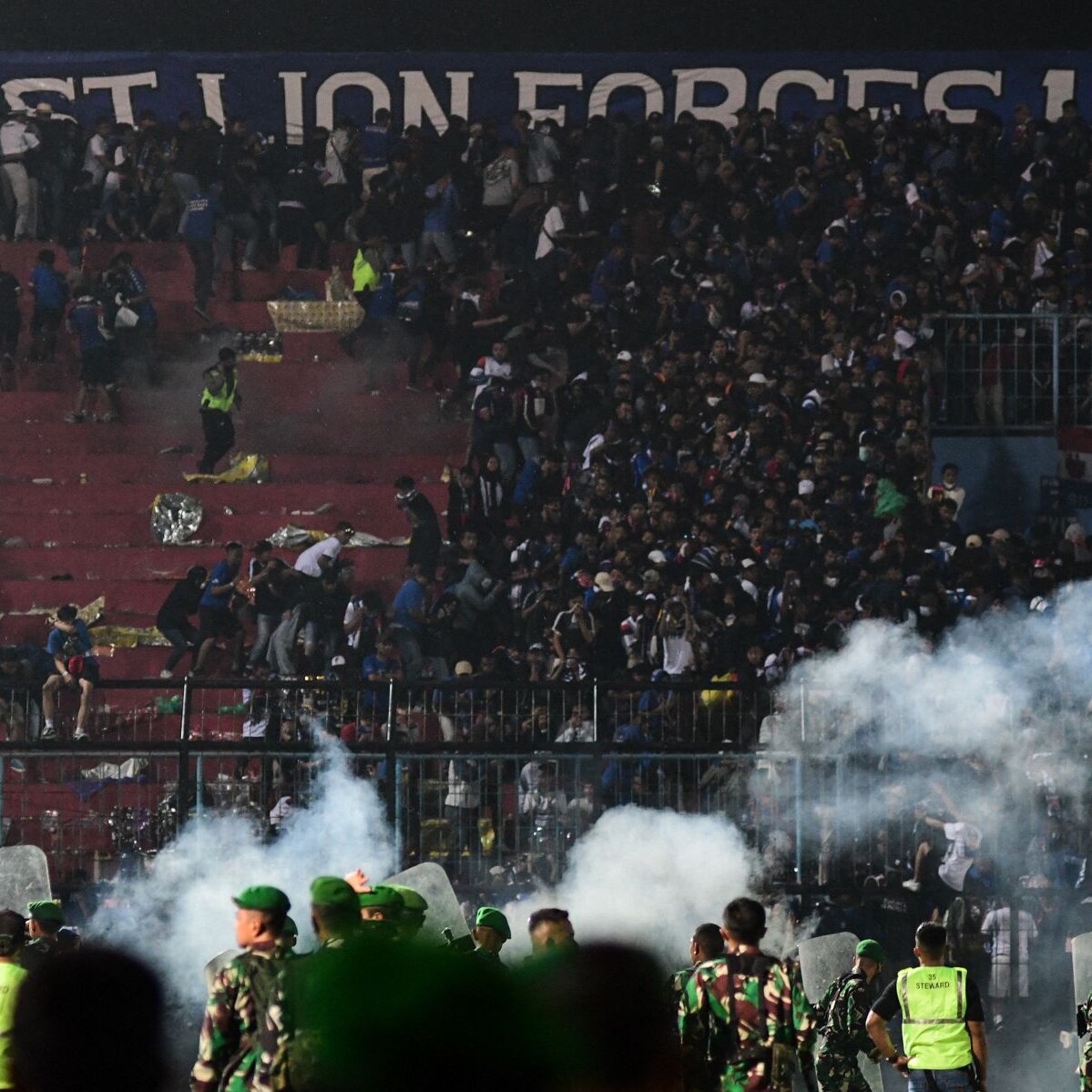Rahul Gandhi faces tough challenge selecting new Lok Sabha deputy leader of opposition amid internal party factionalism.
NEW DELHI: For Leader of the Opposition in the Lok Sabha, Rahul Gandhi, organisational decisions pose a major challenge—and the selection of a new deputy leader within the Lok Sabha is one of the biggest. Gandhi has recently appointed the current Deputy Leader, Gaurav Gogoi, as the President of Assam Congress, effectively projecting him as the party’s Chief Ministerial face in the state. This means the Congress now needs a new deputy leader in the House who can not only manage the floor effectively but also speak fluent Hindi.
Among the strong contenders, names like Shashi Tharoor and Manish Tewari emerge. However, both have appeared close to the Modi government following Operation Sindoor, having taken a stance that differed from the Congress party line by openly supporting the government. Their roles will be closely watched during the upcoming Monsoon Session.
Another possible candidate is Kumari Selja—a senior and experienced leader. However, her political base is in Haryana, and she currently serves as the party’s general secretary. Gandhi is reportedly planning a major organisational shake-up in Haryana, intending to sideline factional leaders and promote fresh faces. Sources suggest that an OBC leader could be named the new state president, while a non-Jat may lead the legislative party.
The Congress in Haryana is currently divided into two factions: one led by former Chief Minister Bhupinder Singh Hooda, and the other by MPs Kumari Selja, Randeep Singh Surjewala, and Birender Singh. After three consecutive Assembly election defeats, Gandhi’s trust in senior Haryana leaders has eroded. Despite that, Selja and Surjewala continue to hold key positions as general secretaries.
Given the party’s emphasis on the “one person, one post” principle, it seems unlikely that Selja would be appointed Deputy Leader in the Lok Sabha while already serving as general secretary. Similarly, appointing Gogoi to two key posts raises concerns. While exceptions have been made—Mallikarjun Kharge holds both the national president post and the Leader of Opposition in the Rajya Sabha—there have also been setbacks. In 2022, then-Rajasthan CM Ashok Gehlot was asked to give up his post to contest the Congress presidency under this principle. When Rajasthan MLAs revolted, the Congress lost momentum and later the state election. The party still feels the absence of strong Hindi-speaking leadership at the top.
Gandhi has often been accused of neglecting the Hindi heartland. Now, with Gaurav Gogoi expected to step away from Delhi to focus on Assam—regardless of Congress’s performance in the state—must find a Hindi-speaking leader for the crucial Deputy Leader role in Lok Sabha. One potential name is Deepender Hooda, but factionalism in Haryana makes it unlikely Gandhi would trust him for the role.
Another name doing the rounds is Manickam Tagore from Tamil Nadu. But giving the position to a South Indian leader could raise questions, as the Congress president, the general secretary (organisation), and even Gandhi himself is from the South. Moreover, Tagore is considered part of Gandhi’s inner circle and lacks the strong presence needed to counter top BJP leaders on the floor of the House.
Congress needs a deputy leader who can take on senior government ministers with authority and substance in Hindi. It remains to be seen whether Gandhi will retain Gogoi or opt for a new face during the Monsoon Session.
Organisationally, Gandhi is already under pressure. In Gujarat, the much-hyped announcement of 40 new district presidents failed to yield results. Congress lost both bypolls, with AAP winning one seat. Following this defeat, state president Shaktisinh Gohil resigned, and Shailesh Parmar was appointed in his place.
In Punjab, Congress suffered a crushing defeat in the West Ludhiana bypoll, prompting half a dozen state leaders to resign. However, Punjab state president Amarinder Singh Raja Warring has refused to step down. Both Warring and the Leader of the Legislative Party, Partap Singh Bajwa, are close to Gandhi. But both are Sikh Jat leaders and have failed to corner the Bhagwant Mann government. Congress believes at least one of them must be replaced ahead of the 2027 elections.
Punjab Congress remains deeply factionalised. Navjot Singh Sidhu has distanced himself from active politics, while former CM Charanjit Singh Channi and party general secretary Sukhjinder Singh Randhawa lead rival camps—both eyeing the CM face tag.
Gandhi is facing similar decision-making challenges in other key states like Haryana, Punjab, Madhya Pradesh, Uttarakhand, Himachal Pradesh, and Delhi. Factionalism, leadership gaps, and a lack of strong Hindi-speaking voices in Parliament remain persistent hurdles for him and the Congress party.





















